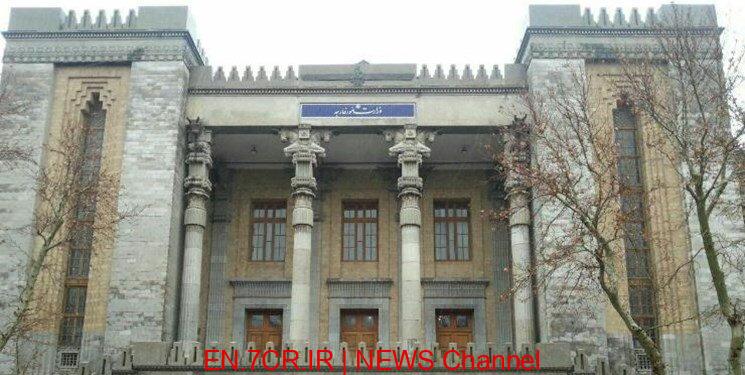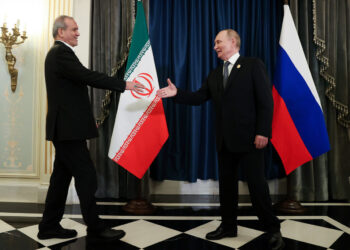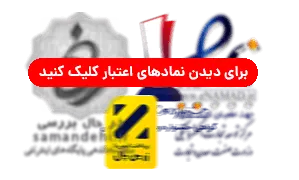Tehran warns E3 that snapback activation will threaten Iran-IAEA ongoing cooperation

In the statement issued on Thursday, the Ministry described the action as provocative and unnecessary, and warned that it would be met with appropriate responses.
If left unchecked, the path chosen by the three European countries could have serious consequences for the credibility and structure of the UN Security Council, the statement said.
The Ministry emphasized that it was the European Union and the three European countries – not Iran – that failed to fulfill their obligations on Transition Day (October 18, 2023) and instead imposed new unlawful sanctions on Iranian civilian aviation and shipping companies.
The Ministry reiterated that invoking the snapback mechanism without following proper procedures and presenting valid legal grounds undermines trust in the UNSC’s decisions and threatens international peace and security.
Diplomatic sources told IRNA’s correspondent in New York that the three European signatories to the Joint Comprehensive Plan of Action (JCPOA) – the United Kingdom, France, and Germany, collectively known as the E3 – formally submitted a notification to the UNSC on Thursday to activate the snapback mechanism for the reimposition of sanctions on Iran.
They added that, at the E3’s request, the Security Council is scheduled to convene a meeting on Friday to discuss the matter and the initiation of the Dispute Resolution Mechanism (DRM), commonly referred to as the snapback process.
This unjustified action violates the DRM outlined in the JCPOA and constitutes an illegal attempt to reinstate previously terminated resolutions, clearly contradicting Resolution 2231, the statement said, adding that the DRM is an integral part of the JCPOA, deliberately designed as a multi-step consultative process to prevent abuse – especially by parties like Germany, France, and Britain, who themselves have failed to uphold their commitments.
It went on to say that several UNSC members, including China and Russia, have repeatedly said that the E3 have not followed the procedural requirements outlined in the JCPOA and UNSC Resolution 2231; thus, their notification is a legally flawed and politically motivated attempt to exploit the resolution against Iran.
Moreover, given their long-standing violations and alignment with the United States’ unlawful withdrawal and coercive actions, the three countries cannot claim to be good-faith parties, nor can they justify their illegal actions by referencing Iran’s reciprocal measures, which have been gradual, proportionate, and fully within Iran’s legal rights under the JCPOA, the statement read.
The statement also said that beyond legal and political considerations, the misuse of the snapback mechanism—especially after Iran’s nuclear facilities were severely damaged in an unlawful attack by a former JCPOA member—reveals clear bad faith. The E3’s deliberate disregard for broader context and distortion of events effectively rewards the violator and punishes the victim. It was the United States, not Iran, that unilaterally withdrew from the JCPOA and reinstated sanctions in 2018. It was the EU and the E3, not Iran, who failed to fulfill their obligations to mitigate the economic impact of the US withdrawal.
Urging all responsible members of the international community to firmly reject this unlawful, unjustified, and politically motivated attempt to reinstate terminated resolutions against a country that has consistently demonstrated restraint and commitment to dialog, the Ministry of Foreign Affairs said that Iran remains ready to have constructive interactions with other UNSC members who are genuinely committed to preserving diplomacy and preventing a manufactured crisis.
Tehran warns E3 that snapback activation will threaten Iran-IAEA ongoing cooperation
7CR Channel 7 News Broadcasting













